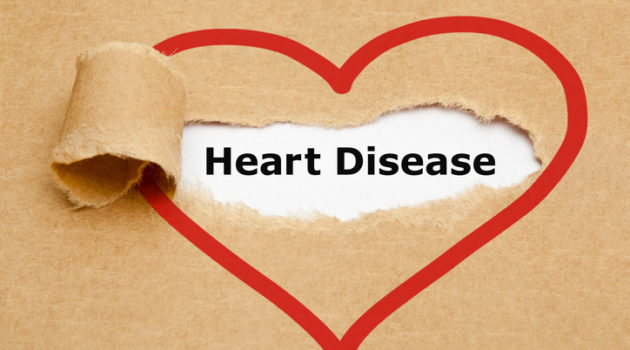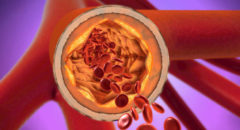
Do you know that an estimated 185,000 amputations happen in the US every year? Yes, having complete limbs is fast becoming an “achievement” as there are currently about 2 million people in the US living with a lost limb.
As if this is not appalling enough, it is projected that by 2050, the number would have swollen to 3.6 million. Of the 1.6 million people living in the US with limb loss in 2015, 42% were non-whites. Does the send the alarm bells ringing?
In truth, Black Americans are at a disproportionately higher risk of being amputated than their white counterparts. Whetting this with more statistics, we see that African Americana are about 4x more likely to be amputated than white Americans.The bigger question is: how many of these amputations are necessary?
This biting curiosity led us to invite Dr. Foluso Fakorede, an interventional cardiologist, Cleveland, Mississippi, to come and educate us on the Black Doctor platform on amputations. In this episode, Dr. Foluso Fakorede advises on when you can avoid amputations and what you can do to preserve those precious black limbs of yours.
Examining disparities in amputations related to heart disease
54% of amputations in the US are caused by vascular disease. This sprawls through peripheral arterial disease (PAD) and diabetes. While diabetes is no short of a “celebrity” in the disease world, PAD is far less popular, even if PAD affects over 8.5 million Americans. PAD occurs when excess cholesterol clogs up the wall of the arteries, impeding blood circulation. This is through the formation of plaque, narrowing the arteries.
As Dr. Foluso Fakorede puts it, PAD is slow, progressive, and deadly. He emphasizes that people with PAD. are six times more likely to have a heart event that could lead to cardiovascular disease. PAD is commonly demonstrated in the legs, although it can also be seen in the arteries transporting blood from the heart to the stomach, arms, kidneys, and arms.
Mobility-related handicaps are commonly associated with people having PAD, irrespective of leg symptoms. Either they lose the capacity to walk the long distances (they would go before PAD) or not reach the walking speeds they previously enjoyed.
Studies show that African Americans are more than twice as likely to have PAD as their white counterparts. There are also notable region-related disparities in amputations due to PAD across the United States. According to a Dartmouth Atlas Project report, black people with PAD living in rural Southeast are 7x more likely to get amputated compared to other regions. More than this, there was as much as an eightfold difference in the likelihood of getting limb-preserving surgeries (to enhance blood circulation) in Black Americans across several regions.
Examining diabetes in relation to amputations
Along with PAD, diabetes has been feeding gluttonously on American limbs. In 2010, about 73,000 people with diabetes in the US who were at least 20 years old had amputations. More specifically, 60% of non-traumatic amputations in the US are carried out on people having diabetes. Studies reveal that African Americans on Medicare are 3x more likely to have a limb amputated due to diabetes and peripheral arterial disease complications.
Indeed, diabetes increases one susceptibility to nerve damage and circulation problems. The fact that lesser blood is being transported to the feet increases the chances of developing sores on the lower part of the body. Now in the situation where this individual has peripheral neuropathy – as typified by numbness in the feet or hands – there is a significant reduction in the patient’s ability to notice foot ulcers before becoming severe.
Thanks to PAD, such ulcers may not heal quickly, raising the possibility of the lower limb being amputated. Some symptoms in people with diabetes are highly suggestive of an impending amputation (if prompt caution is not taken). This includes considerable swelling in the feet, development of ingrown toenails, plantar warts, blisters, and open sores.
You should also seek prompt medical attention if a wound on your feet emits a strong stench or ulcers on your feet grow bigger than three-quarters of an inch.
Why are practitioners apt to amputate a limb instead of saving it?
There appears an alarming eagerness in practitioners to severe limbs. According to Dr. Foluso Fakorede, due to the scarcity of specialist intervention cardiologists (worsened by the dearth of awareness about PAD), the bulk of practitioners have amputation as a first procedure instead of employing effort in preserving the limb.








